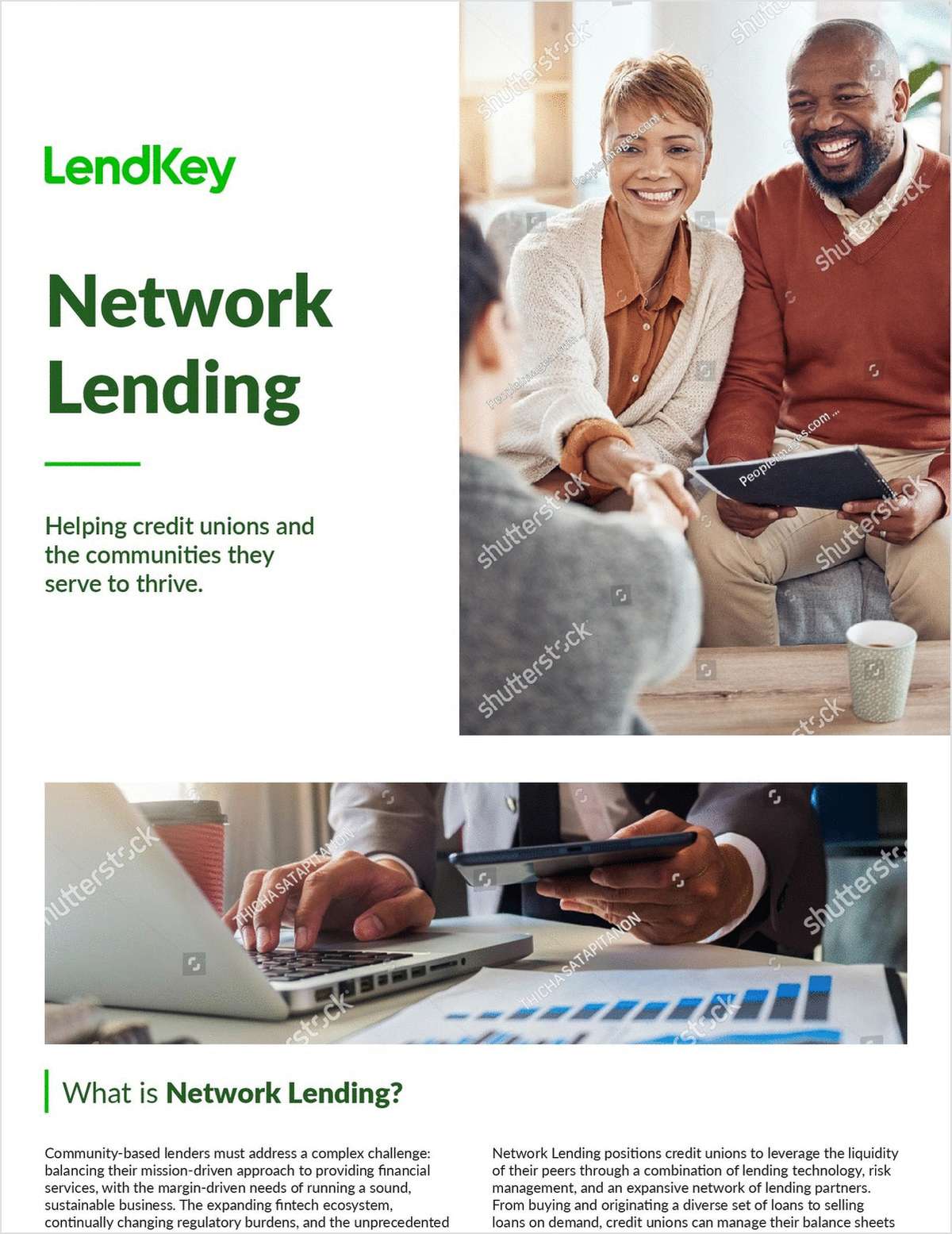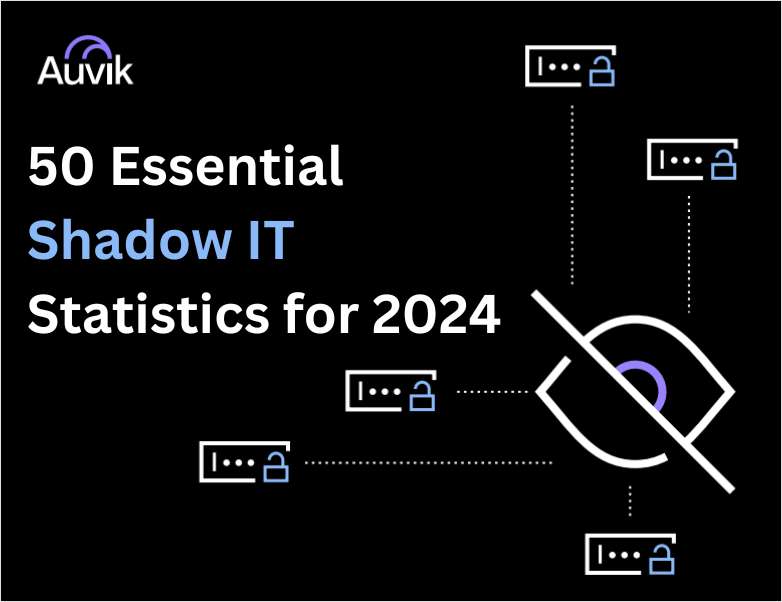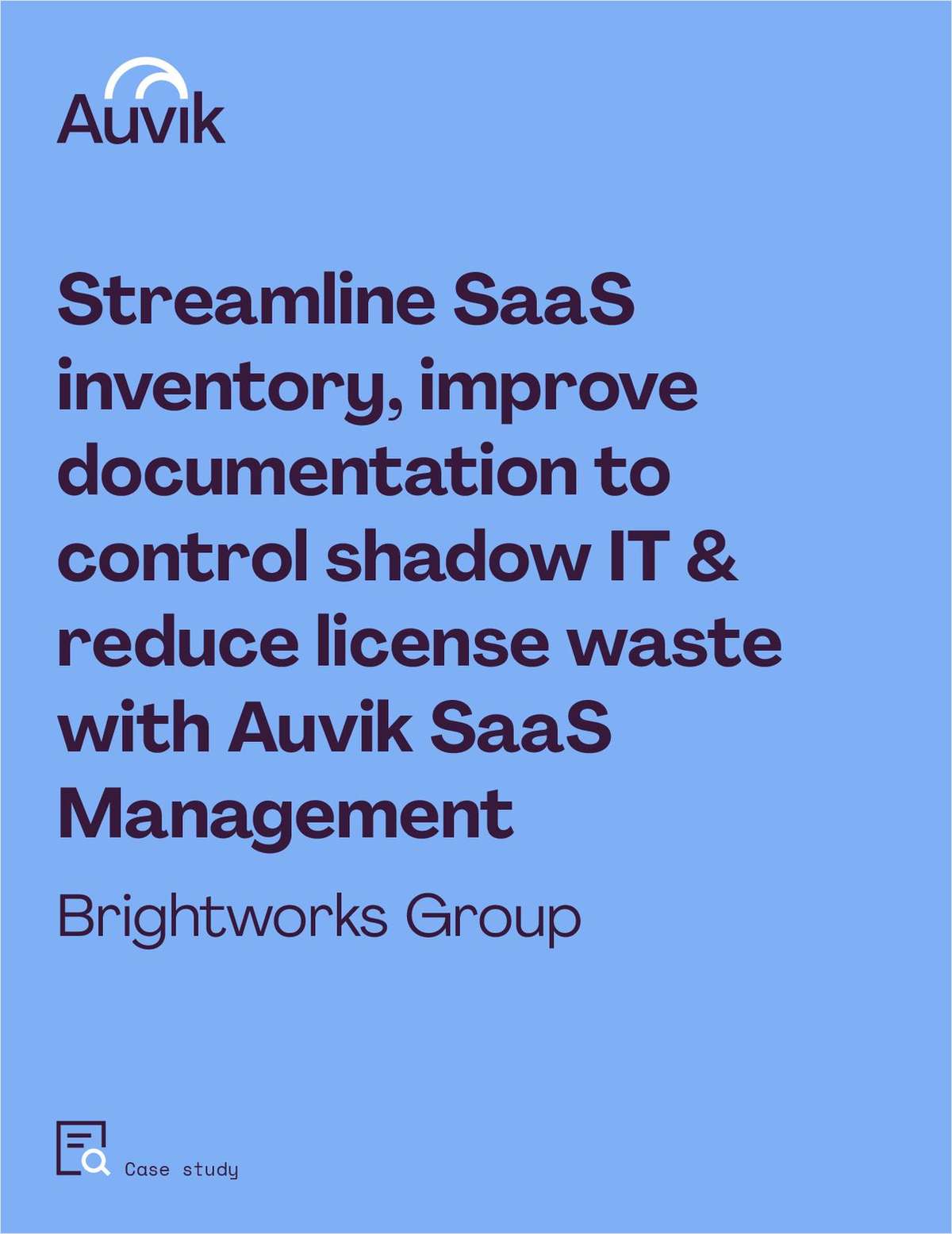WASHINGTON -As Congress wrapped up the last day of its lame duck session, it approved a $14.5 million budget for the SBA's 7(a) loan program and gave the nod to a zero subsidy model the agency had been pushing for. Both the House and the Senate voted on Nov. 20 to increase the budget to $14.5 million for the 7(a) loan program, along with the maximum loan guarantee amounts in exchange for an agreement to keep the zero subsidy rate in place. SBA's 2005 fiscal year 2005 started on Oct. 1 of this year and runs through Sept. 30, 2005. Congress had provided temporary financing through Nov. 20, which included nearly $11 million to subsidize 7(a) loans. The SBA had proposed to make several fee increases that took effect on Oct. 1 permanent including increasing the maximum size of the 7(a) loans eligible for a guarantee by 50%; and guaranteeing $14.5 billion of loans for fiscal year 2005. In addition, 7(a) loans that exceed $1 million would incur a 0.25% fee. Loans in the SBAExpress program would also increase from $250,000 to $350,000. To mitigate cuts in federal subsidies, the bill sets a graduated maximum fee scale for borrowers and lenders, and it gives the SBA flexibility to reduce fees. One of the fiercest opponents to the SBA's recent fee increases has been Rep. Nydia Velazquez of New York, the top Democrat on the House Small Business Committee. She had called for reversing the increases for 7(a) loans concerned that they will shut out those who really need the program. "The bottom line here is that when you raise the price of capital, as SBA did for small businesses, demand for capital lessens," Velazuez said in a statement. CUNA has been among those raising concerns about the long-term effects of this self-supporting model. "We want to keep working with SBA to encourage credit union involvement in 7(a) and other SBA programs," said CUNA President/CEO Dan Mica. "We do, however, remain concerned about inadequate financial support for the 7(a) program and the long-term effects of zero subsidy." In July, Mica wrote to legislators urging them to reconsider providing $79 million towards the 7(a) loan program rather than implementing President Bush's zero subsidy plan. He said the requested funding level for 7(a) would equal the appropriation in FY2004, and will provide approximately $14 billion in financing when combined with the current fee structure. In February, SBA Administrator Hector Barreto had sought $12.5 billion in loan guarantee authority for the 7(a) program, which amounted to a 30% increase over fiscal year 2004′s level. The budget proposal also included a zero subsidy rate for the 7(a) program, "due in part to the expiration of a temporary fee reduction passed by Congress," according to the SBA. Barreto felt the zero subsidy would provide "stability and independence to the program, which would no longer rely on an annual appropriation." He recently dispelled a perception that the "SBA has less resources and is doing less and less." "Nothing could be further from the truth," Barreto told Business Week in a Nov. 9 article. "The thing that is a big challenge for us is because of our appropriations process, we always start our fiscal year without a budget. And there's very little we can do about that. This is the third year in a row we don't have a budget and we don't know where we're going to have one. It's one of the things that put so much stress on the 7 (a) loan program." Since Oct. 1, the start of its 2005 fiscal year, the SBA has approved 6,215 7(a) loans totaling $1.036 billion, surpassing last year's numbers for the same time period. The SBA said it approved 4,205 loans approved totaling nearly $644 million for the same period last fiscal year. This year, the agency approved $12.7 billion in government-guaranteed 7(a) loans, up from $11.3 billion in fiscal year 2003. The new budget may prevent a complete shutdown of the 7(a) program similar to the one that occurred on Jan. 6. The flagship program came to halt for a week after loan volume soared and funding ran out. It reopened on Jan. 14 with an additional $470 million in lending authority, and a loan cap of $750,000 per loan recipient. -
Continue Reading for Free
Register and gain access to:
- Breaking credit union news and analysis, on-site and via our newsletters and custom alerts
- Weekly Shared Accounts podcast featuring exclusive interviews with industry leaders
- Educational webcasts, white papers, and ebooks from industry thought leaders
- Critical coverage of the commercial real estate and financial advisory markets on our other ALM sites, GlobeSt.com and ThinkAdvisor.com
Already have an account? Sign In Now
© 2024 ALM Global, LLC, All Rights Reserved. Request academic re-use from www.copyright.com. All other uses, submit a request to [email protected]. For more information visit Asset & Logo Licensing.









